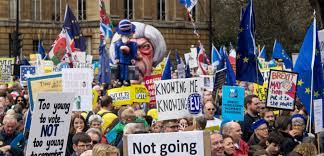Recent global politics have been marked by significant events shaping international dynamics. The COVID-19 pandemic dominated the global agenda, challenging leaders to collaborate on public health responses and highlighting the importance of international cooperation. Climate change discussions gained momentum, with the COP26 summit in 2021 bringing nations together to address environmental challenges.

Geopolitical tensions between major powers, particularly the United States and China, continued to influence global relations. Economic issues, trade disputes, and technology competition underscored the complexity of this dynamic.
The withdrawal of U.S. troops from Afghanistan in 2021 marked a crucial moment, impacting regional stability and raising questions about counterterrorism efforts. In Europe, tensions escalated between Russia and Ukraine, prompting concerns about security in the region.
Domestically, political transitions occurred in various countries, including the inauguration of Joe Biden as the President of the United States and the end of Angela Merkel's long tenure as the Chancellor of Germany.
These events reflect the multifaceted nature of contemporary global politics, encompassing health crises, environmental challenges, geopolitical rivalries, and leadership changes. They underscore the interconnectedness of nations and the need for collaborative efforts to address shared issues on the world stage.